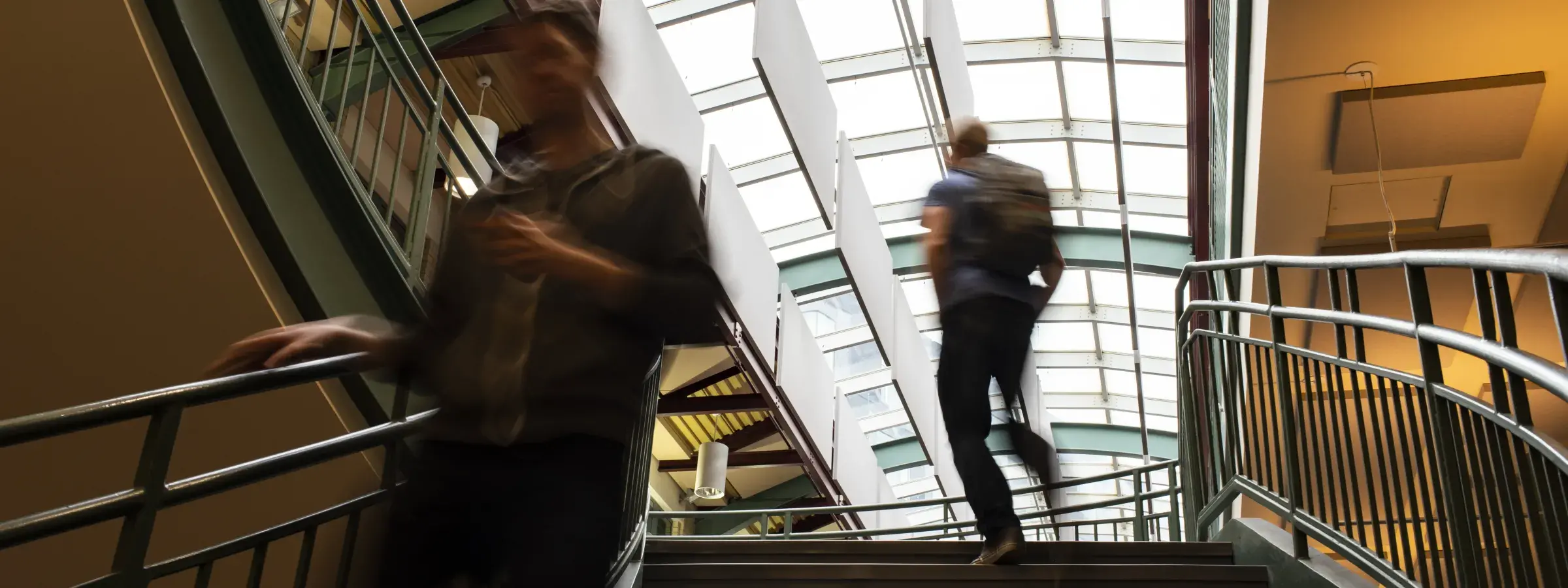CyLab Seminar - David Kohlbrenner
Software security to transistor physics and back

| Last | First | Professional Title |
|---|---|---|
| Aldrich | Jonathan | Professor, Affiliated Faculty |
| Andersen | David | Professor |
| Balzer | Stephanie | Assistant Professor |
| Barron | Otso | Doctoral Research Assistant |
| Blum | Manuel | University Professor Emeritus |
| Brumley | David | Professor of ECE, Affiliated Faculty |
| Crary | Karl | Associate Professor, Director of Doctoral Programs |
| Fanti | Giulia | Associate Professor, Affiliated Faculty |
| Fredrikson | Matt | Associate Professor |
| Garlan | David | Professor |
| Goncalves | Rafael | Doctoral Research Assistant |
| Goyal | Vipul | Adjunct Faculty |
| Harper | Robert | Professor |
| Henriques Madeira Pereira | Joao Maria | Doctoral Research Assistant |
| Hoffmann | Jan | Associate Professor |
| Jain | Aayush | Assistant Professor |
| Liu | Fengrun | Doctoral Research Assistant |
| McLoughlin | Michael | Doctoral Research Assistant |
| Merrill | Kelsey | Doctoral Research Assistant |
| Miller | Heather | Assistant Professor |
| Mu | Changrui | Doctoral Research Assistant |
| O'Donnell | Ryan | Professor |
| Parno | Bryan | Professor |
| Pfenning | Frank | Professor |
| Satyanarayanan | Mahadev | Jaime Carbonell University Professor of Computer Science |
| Sekar | Vyas | Tan Family Professor of Electrical and Computer Engineering, Affiliated Faculty |
| Sherry | Justine | Associate Professor |
| Skarlatos | Dimitrios | Assistant Professor |
| Steenkiste | Peter | Professor of Computer Science and Electrical and Computer Engineering |
| Wing | Jeannette | Adjunct Faculty |
| Woo | Pui Yung Anna | Doctoral Research Assistant |
| Zheng | Wenting | Assistant Professor |